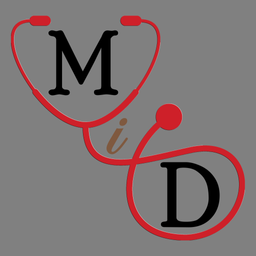"Doctor" of Nursing Practice: the laughingstock of academia and medicine
💬 comments
Whether you're a physician or a well-informed patient, now you know what kind of idiot you're dealing with when you hear a DNP nurse practitioner proudly proclaim that they're a "doctor" or "doctorally prepared".

It's no secret that the terminal degree for nurse practitioners, the "Doctorate" of Nursing Practice (DNP), is largely regarded as a joke, especially by physicians and biomedical scholars with actual terminal academic degrees (MD/PhDs and DO/PhDs most of all).
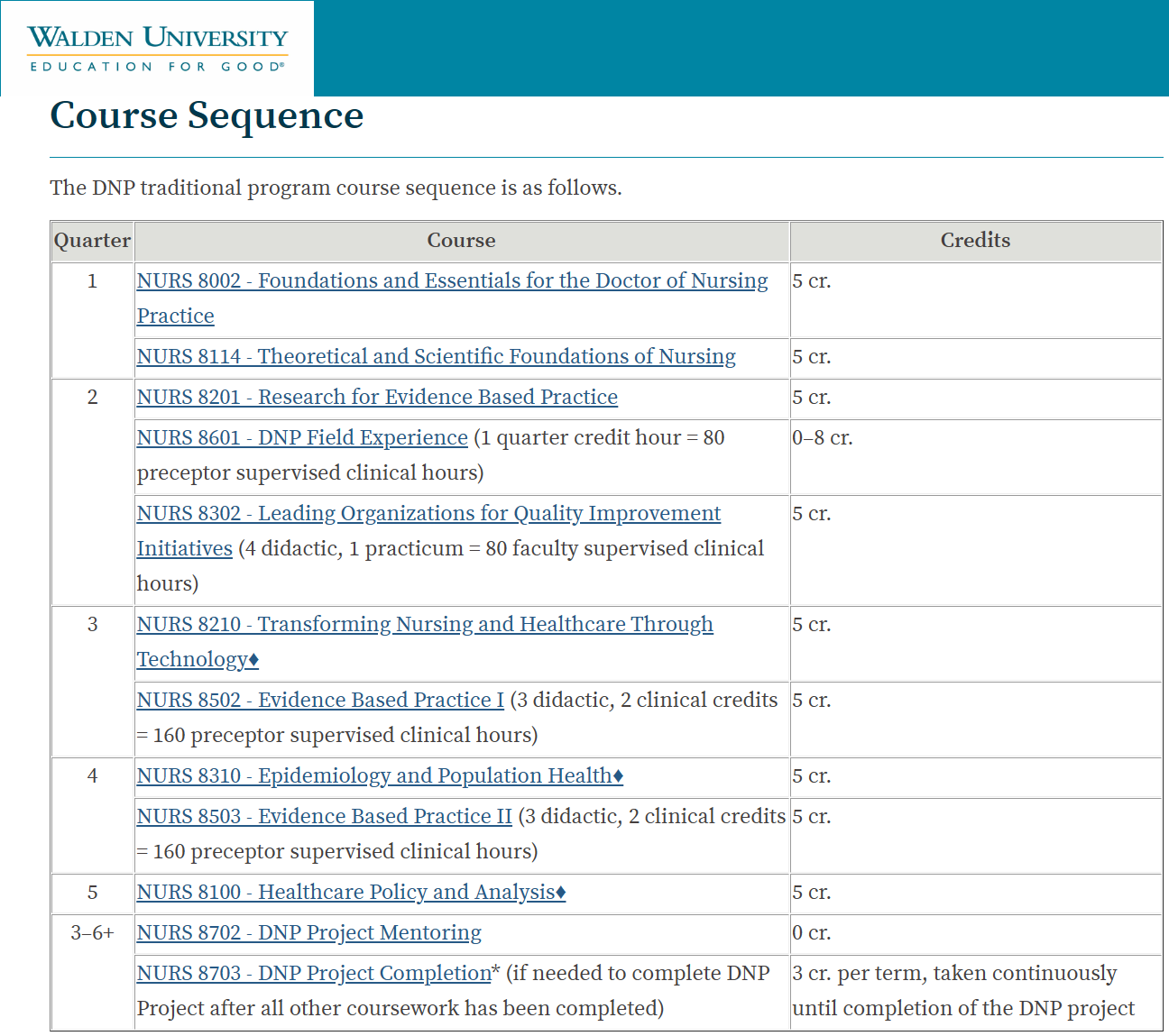
Compared to the dime-a-dozen, 100%-online diploma mill DNP programs that will readily accept any nurse or nurse practitioner with a pulse, gaining admission to a reputable biomedical PhD program is an exponentially more competitive and rigorous process that selects for high-achieving candidates with excellent academic credentials, strong letters of recommendation, and previous research experience and/or peer-reviewed publications. This is doubly true for successful applicants to MD/PhD programs, who must not only possess the aforementioned research credentials but also the stellar grades needed to gain admission to medical school. So which type of program attracts the smarter and more academically accomplished candidates? We'll let the pictures below speak for themselves.
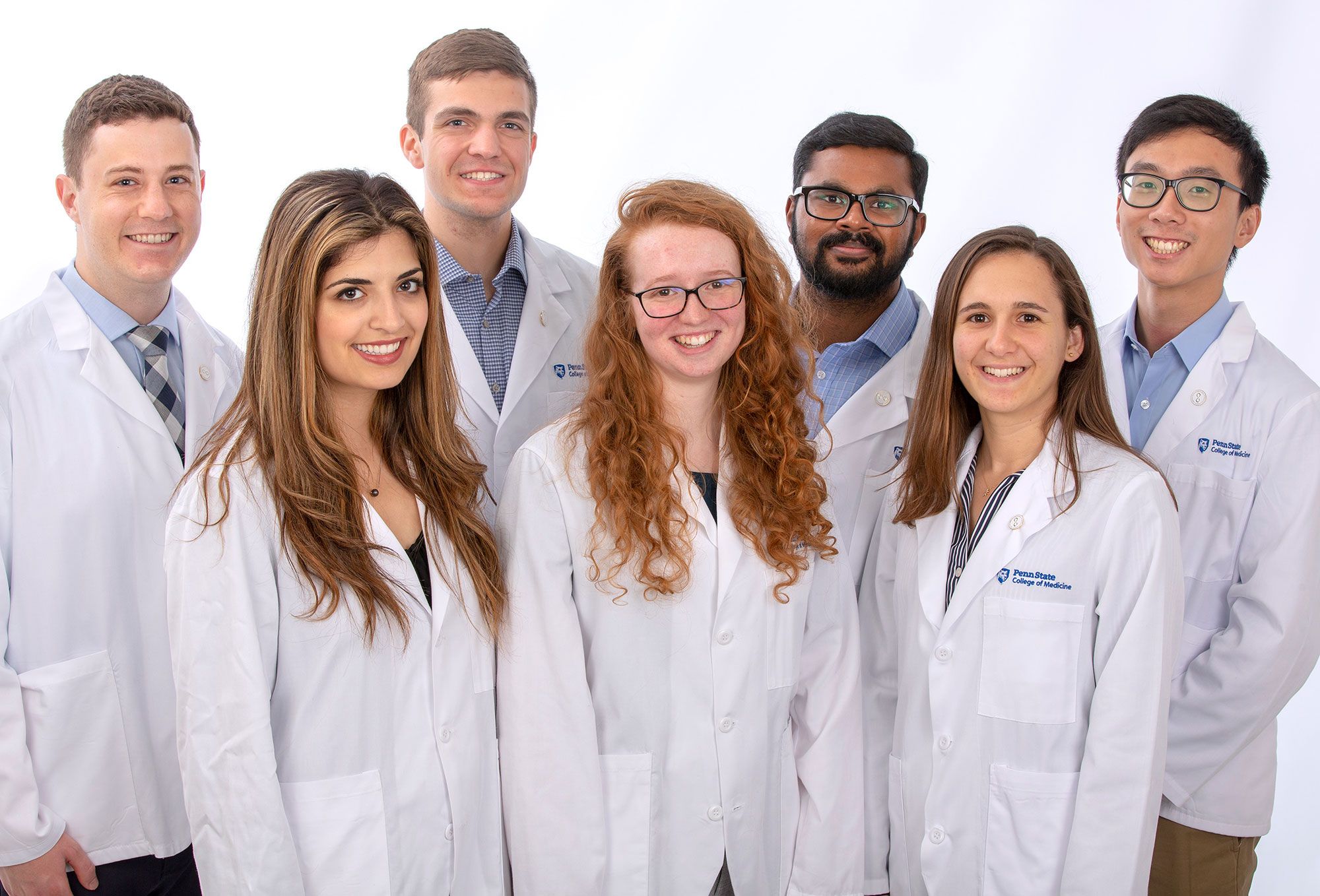
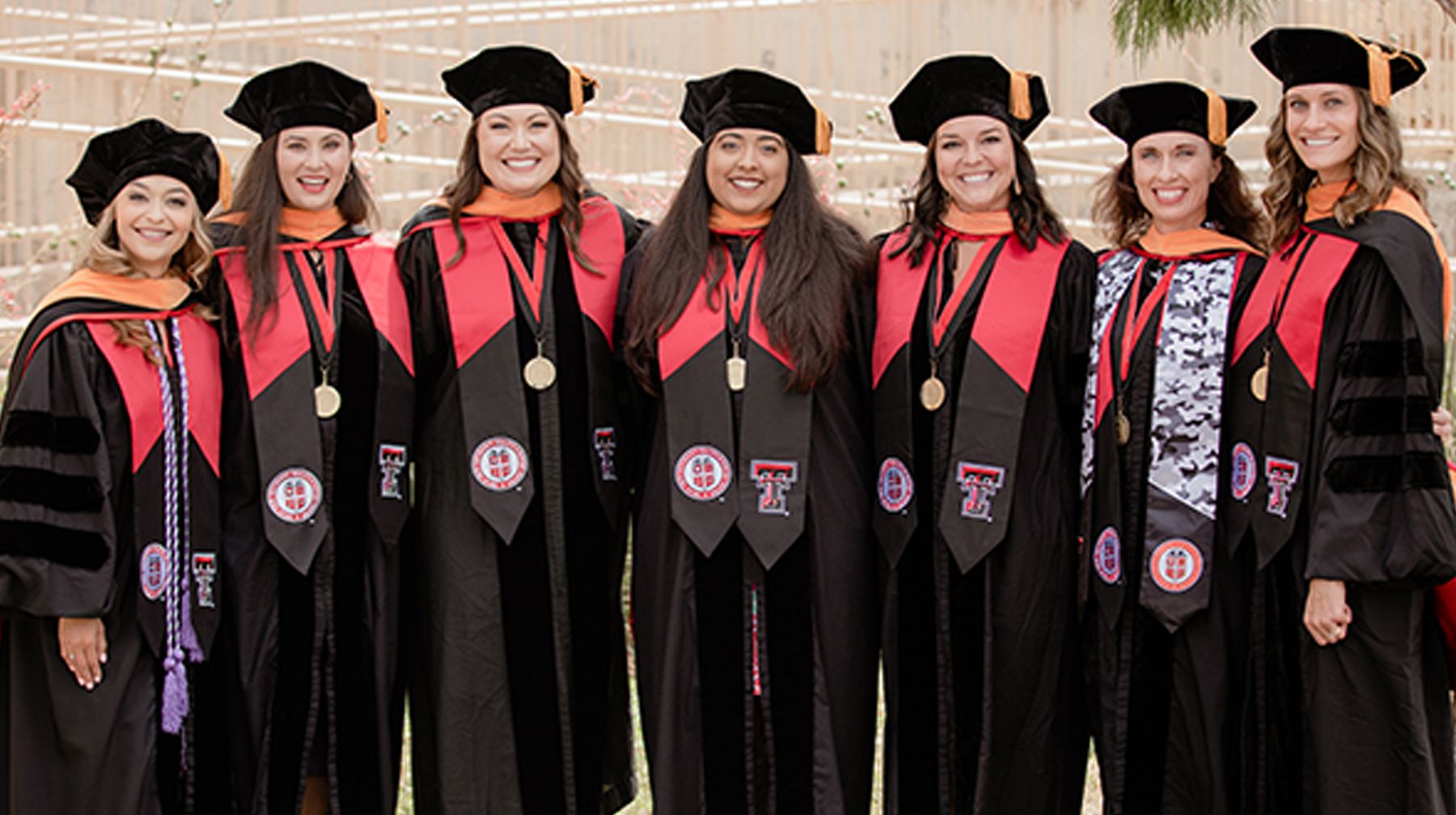
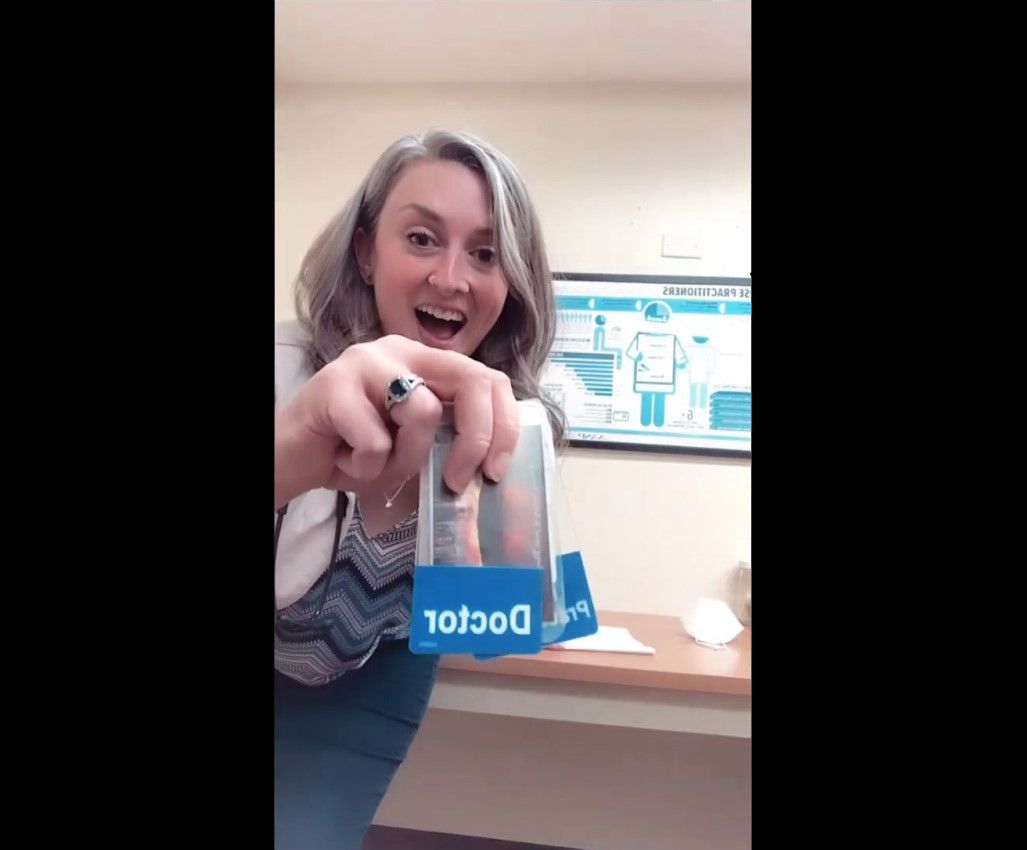
Indeed, the MD/PhD candidates on the left respresent the upper crust of biomedical academia, with an average matriculant GPA of 3.7+. It goes without saying that these elite programs are NOT 100%-online and typically require their students to work closely with their thesis advisors on campus. And while DNP programs can be completed in well under two years, PhD and MD/PhD programs are meaty 6–8-year affairs that ultimately culminate in the defense of an original dissertation/thesis that furthers the domain of knowledge in the PhD candidate's field of study.
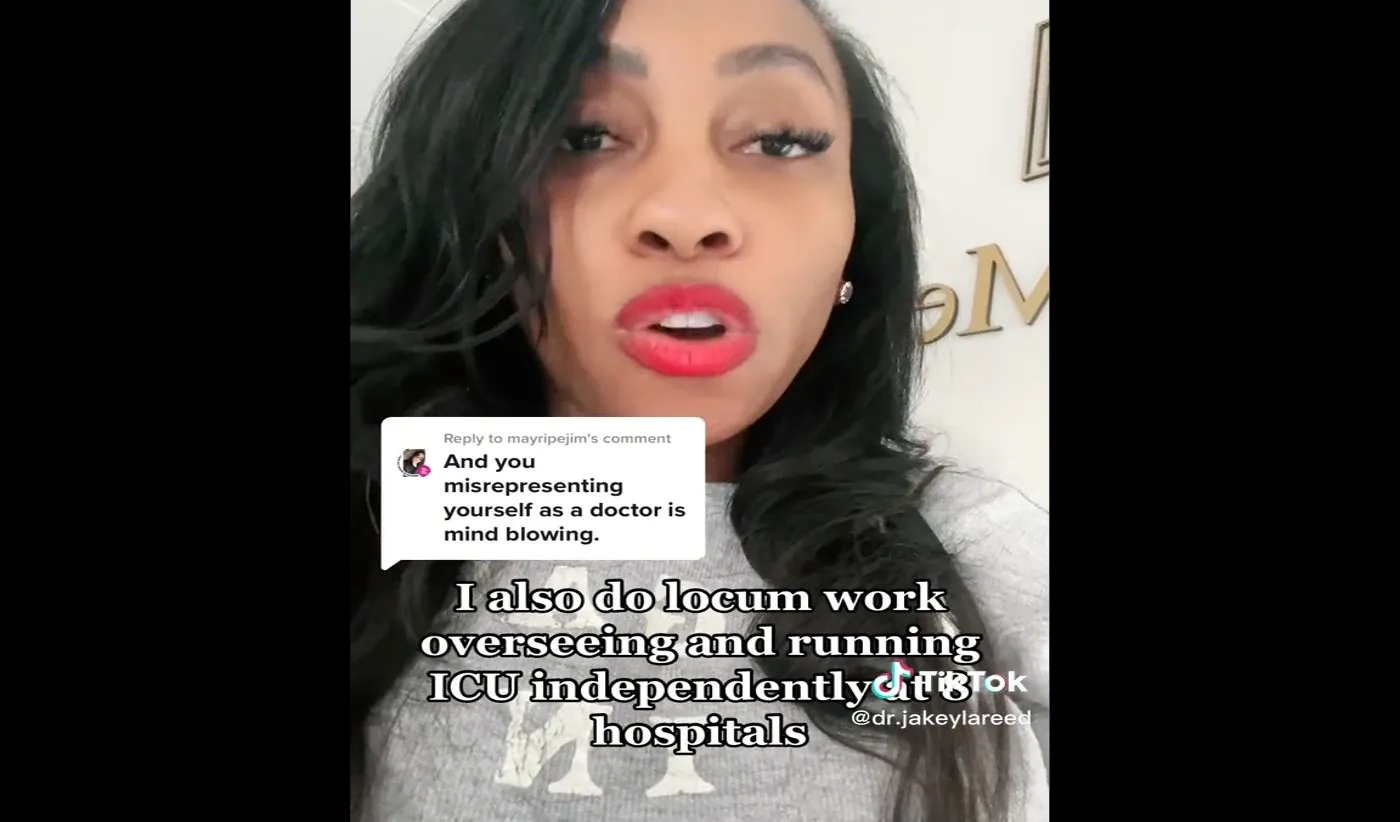
"But wait, we do research projects too!" the DNPs and noctors who read this article will inevitably shout. Indeed, they do. Thanks to our recently featured (ex) TikTok superstar noctor Jakeyla Reed and the prestigious Harvard-of-the-Internet institution known as Walden University, we are able to offer our readers a detailed, first-hand glimpse into the academic rigor of the Doctorate of Nursing Practice and the intellectual supremacy of a DNP degree-holder who somehow oversees and runs ICUs independently in eight hospitals and considers herself to be better than a lowly internal medicine physician, as demonstrated by the kind of "research" she performed. Below, in all its glory, is a copy of Noctor Jakeyla's 2021 "doctoral study", entitled Improving Nurses’ Knowledge to Provide Diabetes Self-Management Education for African Americans. Apparently, this is the kind of groundbreaking work that earns you a "Doctorate" of Nursing Practice.
On the surface, this "doctoral study" seems impressive, coming in at 70 pages. Fun fact: Walden University has an IRB! By virtue of the fact that this "doctoral study" exists, the Walden IRB has apparently decided that "researching" and publishing unoriginal trash is completely ethical. Indeed, even a cursory reading of this drivel quickly reveals that Noctor Jakeyla's project consisted of little more than recruiting 18 nurses to complete a pre-test (the Revised Brief Diabetes Knowledge Test, or DKT2), listen to a PowerPoint presentation on diabetes, re-answer the same questions as a post-test, and then "measuring" the nurses' percentage of "knowledge gain", as evidenced by the one (and only) table in the entire paper.
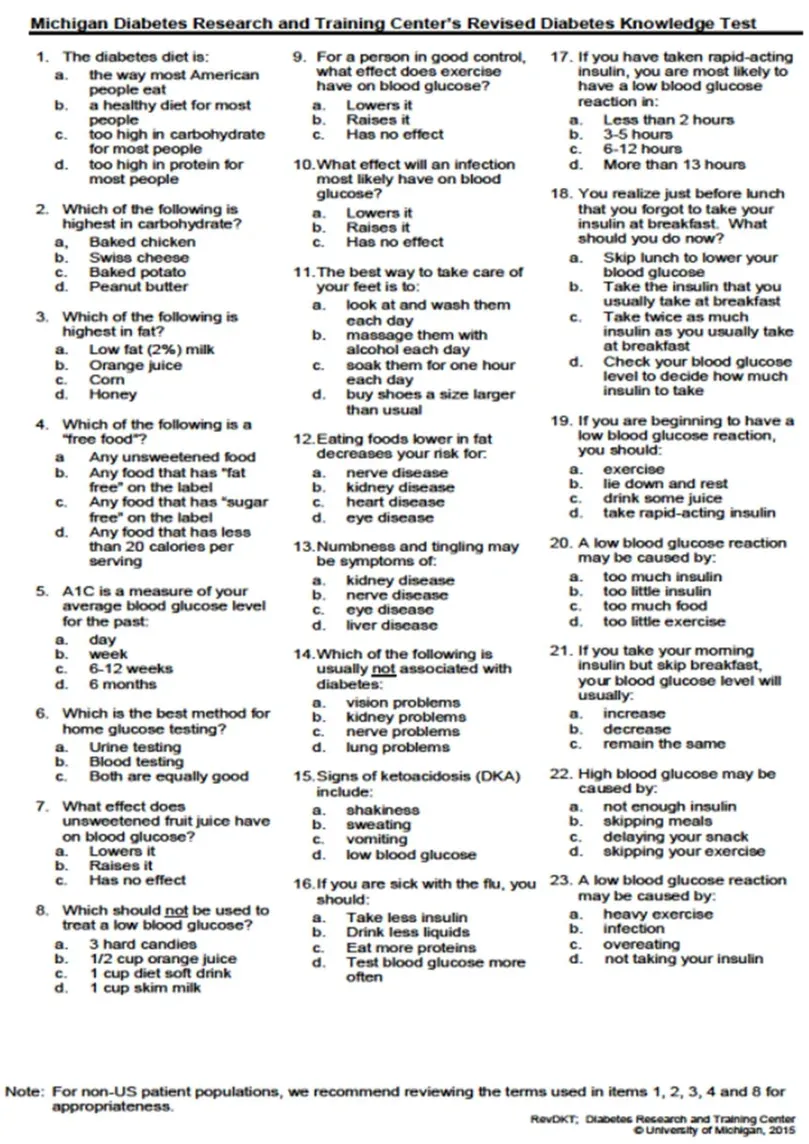
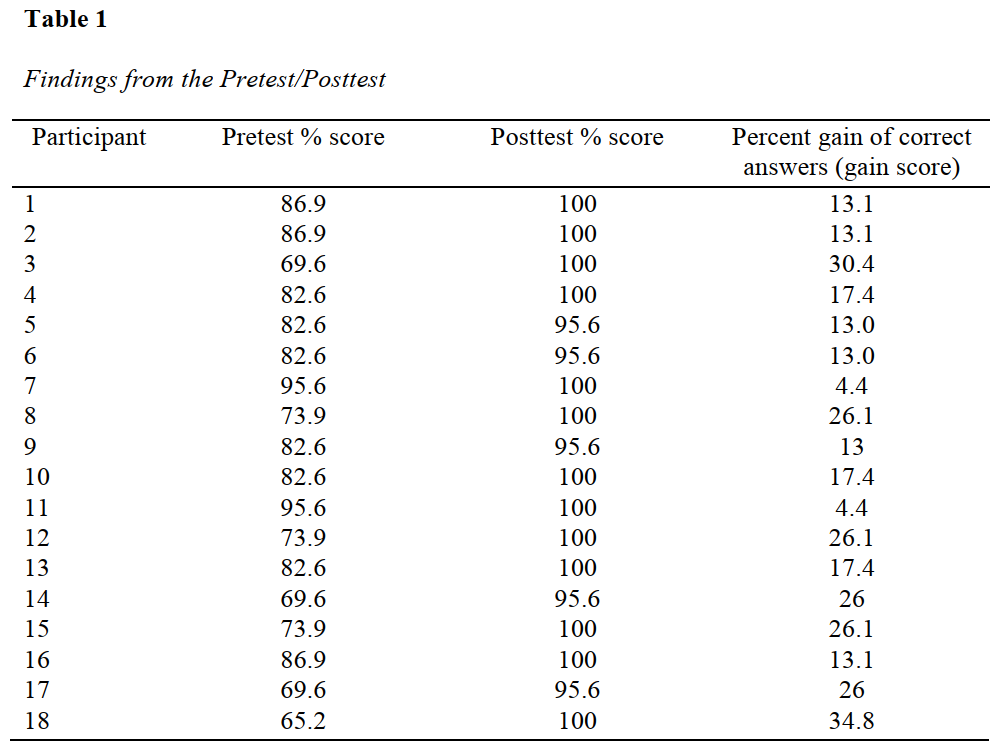
Notwithstanding the fact that any undergraduate student in a human biology class could easily pass the DKT2 (let alone a medical student), it's important to note that the DKT2 is primarily intended to be used as an educational tool for patients with diabetes, NOT for testing the knowledge base of nurses. It's absolutely laughable that a "doctoral study" like this would take 18 months to complete, only to conclude that people tend to do better on a test when you just gave them a PowerPoint presentation with all the fucking answers in it. As one snarky physician put it: "For the first time in human history, this shocking study reveals the following key insight - attending what scientists call a “lecture” can lead to measurable changes that we refer to as “learning.” 😂 Indeed, it's intellectually ludicrous that such elementary work is worthy of being labelled a "doctoral study" and that the author of this garbage would be worthy of the title of "doctor". We can say firsthand that we've seen more original and novel research projects presented at high school science fairs. Below is a recent example of a real doctoral study authored by a Harvard MD/PhD student, that involved doing some actual fucking research resulting in a peer-reviewed journal publication:

A more detailed look at Noctor Jakeyla's "doctoral study" reveals that the bulk of the first 20+ double-spaced pages is essentially verbal diarrhea in the form of regurgitated factoids from the Centers for Disease Control and Prevention, the American Diabetes Association, and various publications on nursing theory. The ~43 references we counted in the bibliography are cited many times over. Having played around with ChatGPT, we're quite confident that it could write a "doctoral study" of similar or better quality and length that would give Noctor Jakeyla a run for her Walden tuition money. Indeed, this 10th-grade paper-writing tactic of spamming citations to fill up space is sophomoric, both figuratively and literally.
We also took a look at the aforementioned PowerPoint presentation included in Noctor Jakeyla's "doctoral study", and came across several claims that are questionable, if not plain wrong.
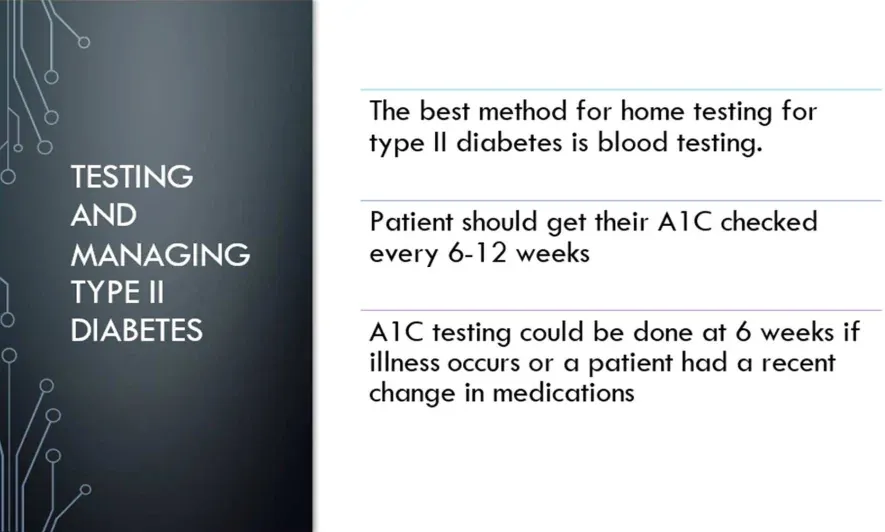
Blindly stating that every diabetes patient should get an A1C check every 6-12 weeks is just plain wrong. While more frequent A1C checks might be indicated for patients not meeting glycemic goals, most medical guidelines recommend checking A1C levels >= twice a year in patients with well-controlled blood glucose levels, especially patients who are not on insulin.
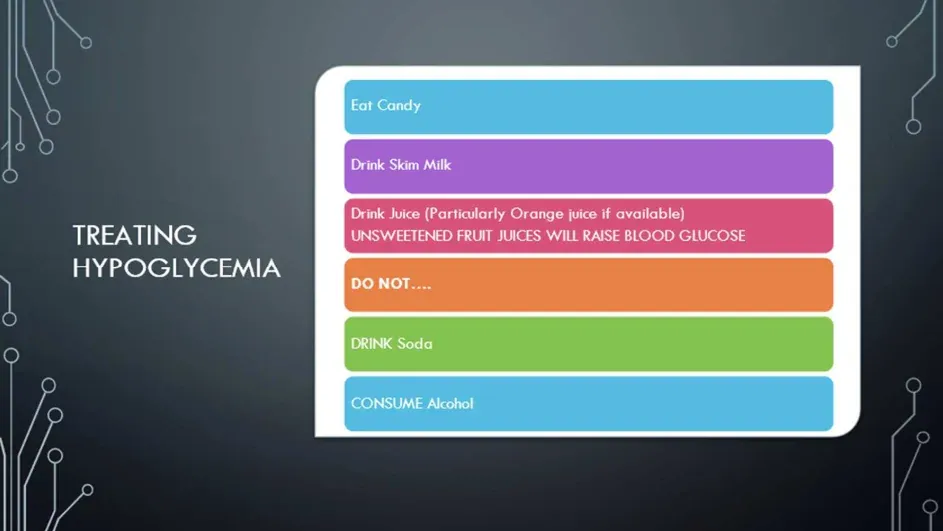
OK, what the actual fuck? Why would you NOT give a hypoglycemic patient soda to raise their blood glucose? It's literally fucking recommended. And why "particularly orange juice"? Grape juice is a perfectly fine option too. And why write "UNSWEETENED FRUIT JUICES WILL RAISE BLOOD GLUCOSE"? Isn't that the goddamn point if you're trying to treat hypoglycemia, i.e. low blood glucose? Wouldn't sweetened fruit juice be an even better option?
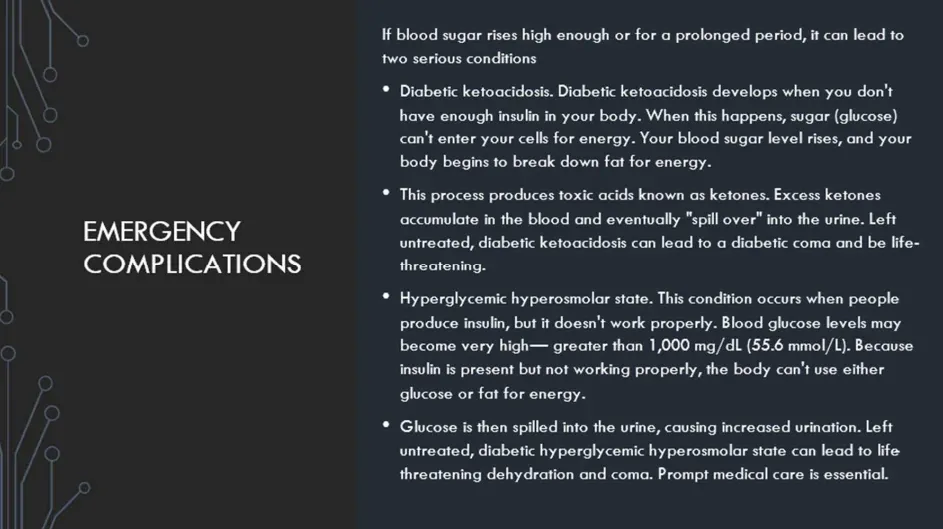
Any physician (particularly an endocrinologist) would develop a diabetic ulcer if they heard someone describe the pathophysiology of hyperglycemic hyperosmolar state (HHS) as "a condition [that] occurs when people produce insulin, but it doesn't work properly." Congratulations Noctor Jakeyla, you just described the basic concept of type 2 diabetes. We're not going to belabor the finer points of the pathophysiology of HHS and how it differs from DKA, but...wow. You would think that someone with a "doctorate" would be able to describe a complex medical condition a little more eloquently.
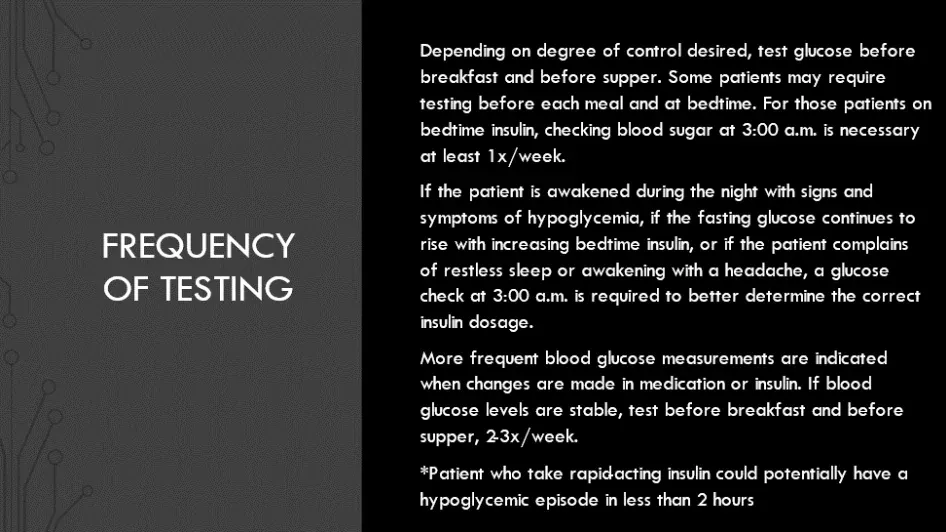
"For those patients on bedtime insulin, checking blood sugar at 3:00 AM is necessary at least 1x/week." OK, this might just be the wildest fucking assertion in the entire PowerPoint. Never has this ever been a blanket recommendation for diabetics who take insulin at bedtime. Noctor Jakeyla might be getting confused by the dawn phenomenon and/or Somogyi effect, two theories that attempt to account for the morning hyperglycemia that some diabetic patients experience.
And there we have it - the academic and intellectual farce of the "Doctorate" of Nursing Practice, laid bare for all to see. Whether you're a physician or a well-informed patient, now you know what kind of intelligence (or more precisely, lack thereof) you're dealing with when you hear a DNP nurse practitioner proudly proclaim that they're a "doctor" or "doctorally prepared" on the internet or while roaming the floors of your local hospital. If you want a real doctor, there's simply no substitute for a physician.
